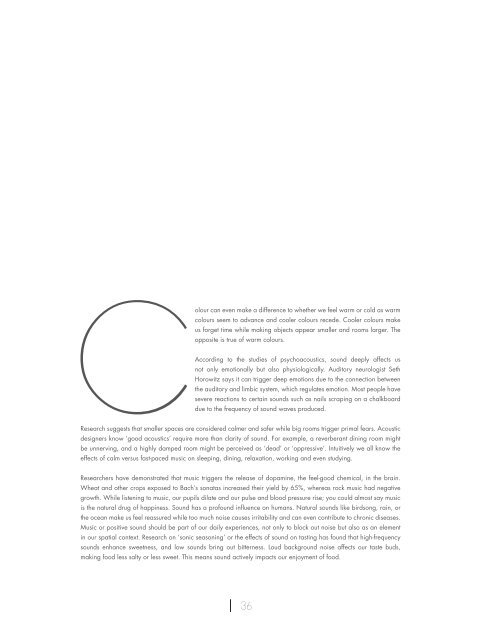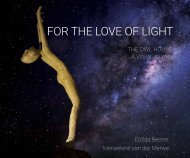DEKAT DIGITAL 2019 - 2020
DEKAT Magazine is the custodian of Afrikaans Culture. Well known for exceptional photography and design, the 2022 luxury edition will delight you. You will find topical lead articles, lifestyle articles focusing on art, culture, design and décor, motoring, food and wine and travel. In addition, we find hidden stories, meet extraordinary people and share divine recipes with you. The 320-page book is a unique window into the lives of the Bohemians and the Eccentrics living on the Southern tip of Africa.
DEKAT Magazine is the custodian of Afrikaans Culture. Well known for exceptional photography and design, the 2022 luxury edition will delight you. You will find topical lead articles, lifestyle articles focusing on art, culture, design and décor, motoring, food and wine and travel. In addition, we find hidden stories, meet extraordinary people and share divine recipes with you.
The 320-page book is a unique window into the lives of the Bohemians and the Eccentrics living on the Southern tip of Africa.
You also want an ePaper? Increase the reach of your titles
YUMPU automatically turns print PDFs into web optimized ePapers that Google loves.
Colour can even make a difference to whether we feel warm or cold as warm<br />
colours seem to advance and cooler colours recede. Cooler colours make<br />
us forget time while making objects appear smaller and rooms larger. The<br />
opposite is true of warm colours.<br />
According to the studies of psychoacoustics, sound deeply affects us<br />
not only emotionally but also physiologically. Auditory neurologist Seth<br />
Horowitz says it can trigger deep emotions due to the connection between<br />
the auditory and limbic system, which regulates emotion. Most people have<br />
severe reactions to certain sounds such as nails scraping on a chalkboard<br />
due to the frequency of sound waves produced.<br />
Research suggests that smaller spaces are considered calmer and safer while big rooms trigger primal fears. Acoustic<br />
designers know ‘good acoustics’ require more than clarity of sound. For example, a reverberant dining room might<br />
be unnerving, and a highly damped room might be perceived as ‘dead’ or ‘oppressive’. Intuitively we all know the<br />
effects of calm versus fast-paced music on sleeping, dining, relaxation, working and even studying.<br />
Researchers have demonstrated that music triggers the release of dopamine, the feel-good chemical, in the brain.<br />
Wheat and other crops exposed to Bach’s sonatas increased their yield by 65%, whereas rock music had negative<br />
growth. While listening to music, our pupils dilate and our pulse and blood pressure rise; you could almost say music<br />
is the natural drug of happiness. Sound has a profound influence on humans. Natural sounds like birdsong, rain, or<br />
the ocean make us feel reassured while too much noise causes irritability and can even contribute to chronic diseases.<br />
Music or positive sound should be part of our daily experiences, not only to block out noise but also as an element<br />
in our spatial context. Research on ‘sonic seasoning’ or the effects of sound on tasting has found that high-frequency<br />
sounds enhance sweetness, and low sounds bring out bitterness. Loud background noise affects our taste buds,<br />
making food less salty or less sweet. This means sound actively impacts our enjoyment of food.<br />
36





